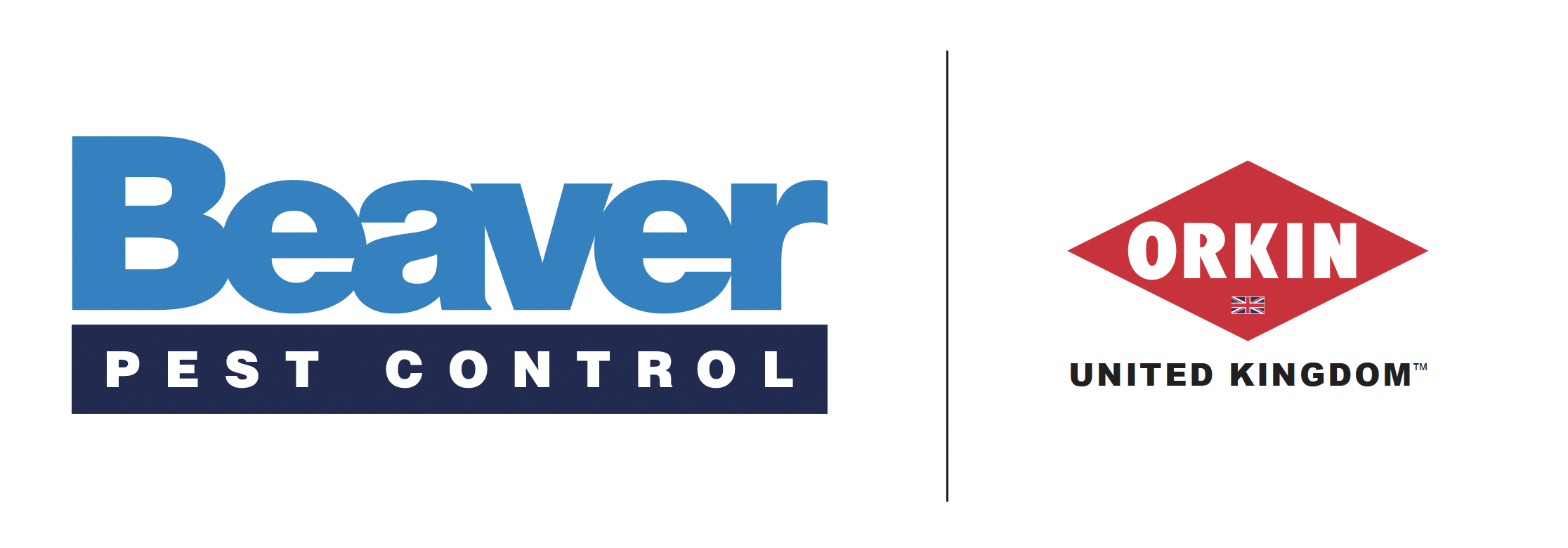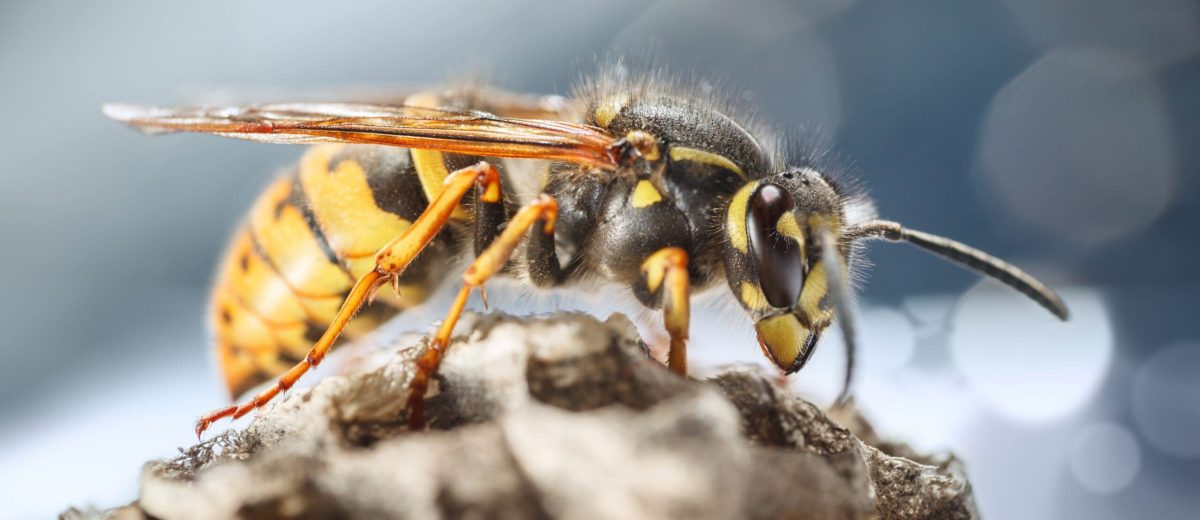With wasp season fast approaching, wasps will once again become a common sight across the UK, buzzing around gardens, parks, and sometimes even making their way into our homes and businesses. While they play a role in the ecosystem, their presence can be more than just a nuisance; it can pose risks to our health and property.
Common UK Wasp Species
Common Wasp (Vespula vulgaris)
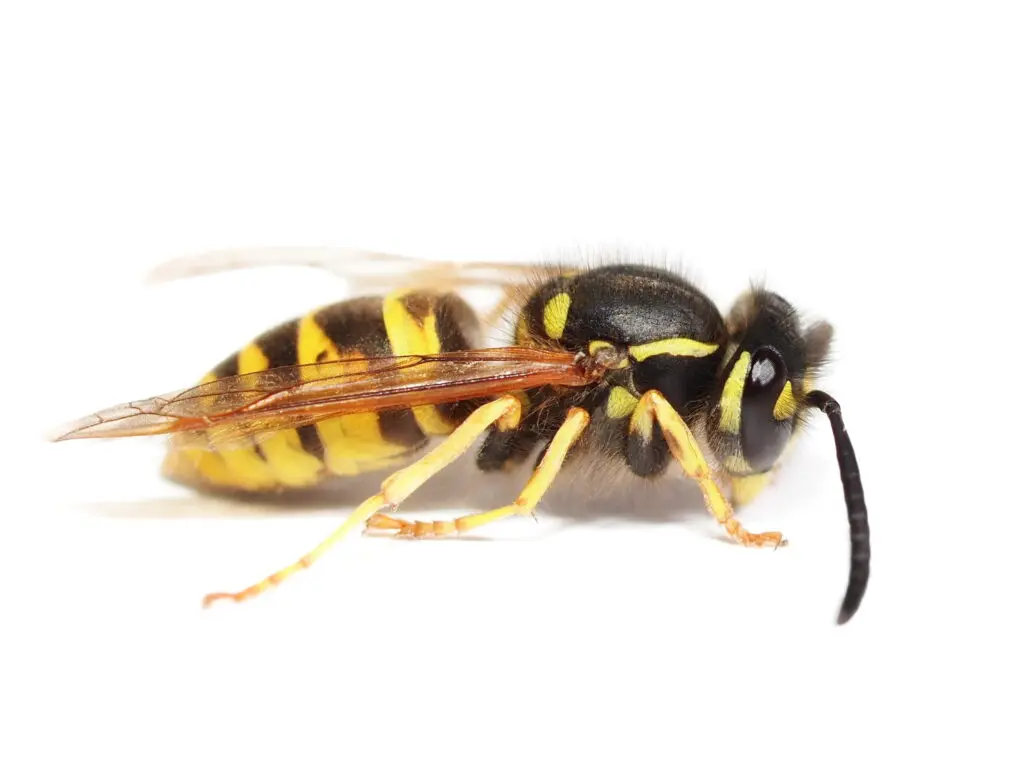
Physical Characteristics:
Common wasps typically have black and yellow stripes on their abdomen, with distinctive markings that vary slightly between individuals.
Nesting Habits:
They often build their nests underground, in wall cavities, or in roof spaces. These nests can grow quite large, housing thousands of wasps.
Behaviour Patterns:
Common wasps are aggressive when their nest is disturbed, repeatedly stinging intruders. They are attracted to sugary foods, often scavenging around bins and outdoor dining areas.
German Wasp (Vespula germanica)
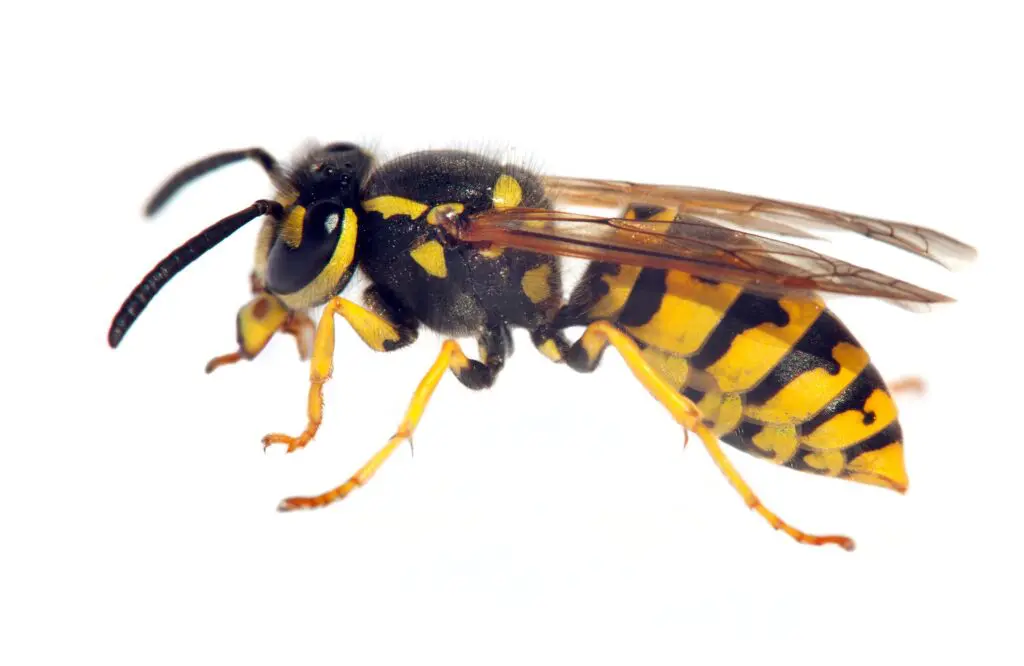
Physical Characteristics:
Similar in appearance to the common wasp, with black and yellow markings on their abdomen.
Nesting Habits:
German wasps also build their nests in similar locations to common wasps. Their nests tend to be smaller in size.
Behaviour Patterns:
German wasps can be more aggressive than common wasps. This worsens towards the end of summer when their natural food sources become scarcer.
European Hornet (Vespa crabro)
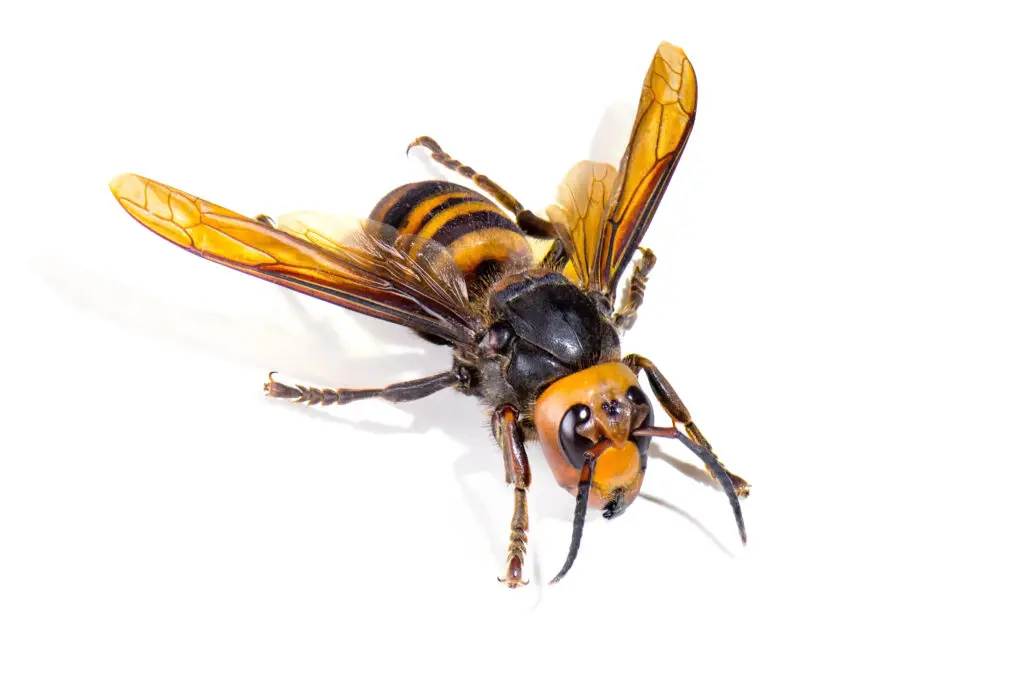
Physical Characteristics:
Larger than common wasps, with a distinctive brown and yellow striped abdomen.
Nesting Habits:
Hornets often build their nests in tree hollows, roof spaces, or wall voids. Their nests are constructed from paper-like material, similar to wasp nests.
Behaviour Patterns:
European hornets are generally less aggressive than some species of wasps but can deliver a painful sting if provoked. They are attracted to light and may be found around outdoor lights at night.
What to do if you discover a wasp nest?
If you discover a wasp nest in your attic or wall cavity or garden, it’s important to proceed with caution to avoid disturbing the colony and risking stings. Firstly, it’s advisable not to attempt to remove the nest yourself. This can agitate the wasps and increase the likelihood of stings. Instead, keep a safe distance from the nest and avoid making sudden movements or loud noises that could provoke the wasps. Next, it’s best to contact a professional pest control company, such as Beaver Pest Control, to assess the situation and safely remove the nest. Professional pest control technicians have the expertise and protective equipment. They can handle wasp nests safely and effectively, minimising the risk to you and your property.
What are the risks associated with wasps’ nests?
Wasp nests pose several risks to both human health and property. Here are the most common risks associated with wasp nests:
- Stings and Allergic Reactions: Wasps are known for their aggressive behaviour when their nests are disturbed. They can sting multiple times, and their venom can trigger allergic reactions in some individuals. For those with severe allergies, even a single wasp sting can lead to anaphylaxis, a life-threatening allergic reaction that requires immediate medical attention.
- Health Hazards: Wasp nests can harbour bacteria and pathogens, especially if located in or near areas where food is prepared or consumed. Contamination from wasp activity can lead to foodborne illnesses and pose a health risk to occupants of homes and businesses.
- Structural Damage: Depending on their location and size, wasp nests can cause structural damage to buildings and property. Nests built in wall cavities, attics, or eaves can weaken structures over time, leading to costly repairs.
- Disruption of Daily Activities: A wasp infestation can disrupt normal activities in homes and businesses. Fear of being stung can make it difficult for people to enjoy outdoor spaces or perform tasks such as gardening or outdoor dining. In commercial settings, the presence of wasps can drive away customers and damage the reputation of the business.
